After nearly 40 years of renovation, Vietnam’s private sector has emerged as an important driving force of the economy. However, this sector still faces many institutional barriers, an unequal business environment, and short-term thinking, causing missed opportunities for breakthroughs.
The private economy has not yet broken through as expected.
In 1986, when Vietnam began its reform process, the private economic sector was still considered a “reform factor”, in opposition to the State model. But over time, thinking changed. By 2011, the private sector was considered one of the driving forces of Vietnam’s economic growth. In 2017, it was upgraded to an “important driving force”, and by May 2025, through Resolution 68-NQ/TW, this sector was officially identified as the “most important driving force” of the economy.
Currently, the private sector contributes about 51% of GDP, more than 30% of the state budget, creates over 40 million jobs and nearly 60% of total social investment capital. However, according to a report from the General Statistics Office ( Ministry of Finance ), in the first 5 months of 2025, nearly 111,800 enterprises were newly established and returned to operation, while 111,600 enterprises withdrew from the market. Behind these numbers is a worrying reality that Vietnam's business environment is still unstable and not attractive enough.
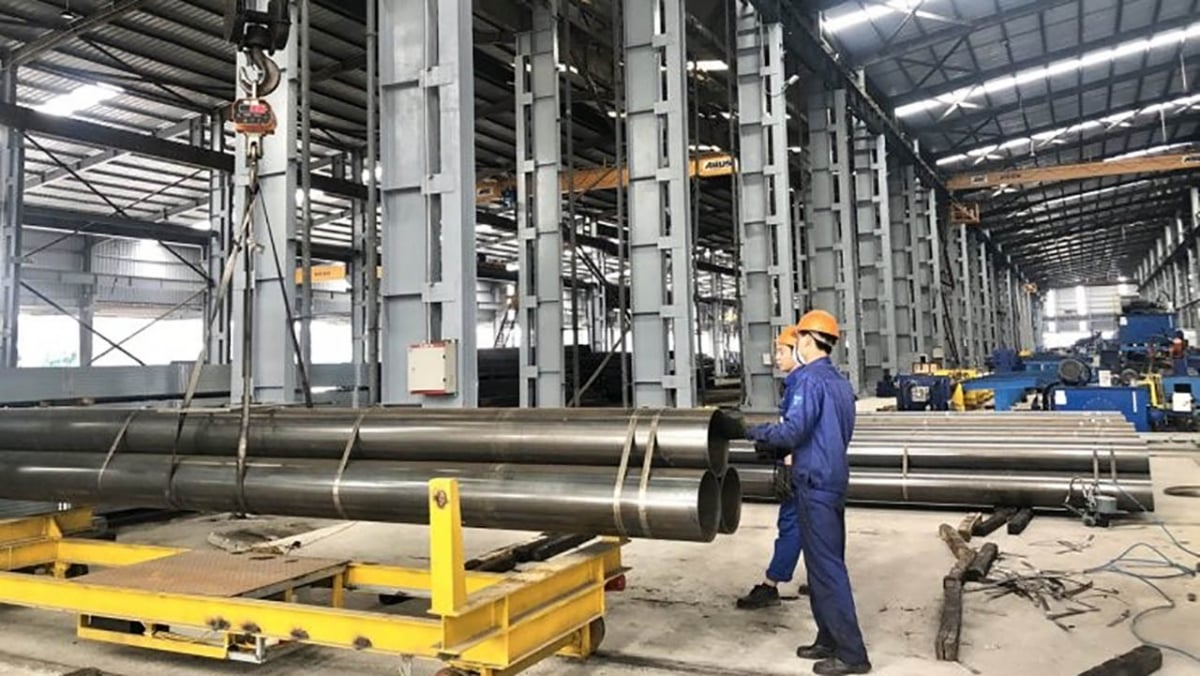
Meanwhile, although Vietnam has participated in a series of free trade agreements (FTAs), only FDI enterprises have taken advantage of these advantages. Domestic private enterprises are still fragmented, lacking connections, and almost absent from the global value chain. This shows that the private economy has not developed as expected.
Although there has been great progress in terms of thinking, policy systems and support mechanisms, it is still not strong enough to support the Vietnamese private economy to break through. Because administrative procedures are still cumbersome, access to capital and land is still difficult. Many businesses are still hindered by overlapping inspections and management.
Mr. Pham Tan Cong, Chairman of the Vietnam Federation of Commerce and Industry (VCCI), said that most private enterprises are in the micro, small and medium-sized groups, with weak financial potential, limited management skills, and low technological and innovation capacity; low labor productivity, operational efficiency and competitiveness; business thinking lacking strategic vision, and lacking connections with state-owned enterprises and foreign direct investment (FDI) enterprises.
The private sector still faces many difficulties and obstacles in accessing resources, especially capital, technology, land, resources and high-quality human resources. Some preferential and support policies for Vietnamese private enterprises are not really effective and difficult to access; business costs are still high.
Private enterprises need to change their thinking
Resolution 68-NQ/TW signed by General Secretary To Lam in early May 2025 aims to overcome those bottlenecks. Hanoi alone has set a target that by 2030, the private economy will contribute 55–60% of GRDP, 70% of small and medium-sized enterprises will undergo comprehensive digital transformation, and at least 50% of enterprises will have innovation activities.
However, to realize these goals, the State’s role as a facilitator and the efforts of innovation from enterprises themselves are indispensable. The State needs to shift from management to support, from intervention to creation, from pre-control to post-control. At the same time, it needs to invest heavily in fundamental areas such as infrastructure, energy, and foundational industries, where private enterprises cannot invest on their own.

Many experts believe that Resolution 68-NQ/TW is expected to create an institutional boost to help the private economy make a breakthrough. However, no matter how open a policy is, it will be difficult to be effective if the enterprises themselves do not proactively change. In fact, for many years, the private sector has been dominated by the family-ruled model, emotional management, short-term thinking and lack of innovation. Therefore, to take advantage of this "golden opportunity", private enterprises need to transform strongly, towards modern management and long-term development strategies.
According to lawyer Nguyen Duc Hung, Director of Thien Duyen Law Company Limited: In order for the Vietnamese private economy to truly become the most important driving force of the economy, in addition to the support and facilitation of policies and laws from the State, businesses and entrepreneurs themselves must also change, eliminate outdated business thinking and outdated management, lacking long-term and systematic strategic vision. Private enterprises must be dynamic and creative, continuously learn from experience and professional and effective management and business methods, and apply advanced science and technology from the world. From there, constantly expand the capacity and scale of production and business, enhance competitiveness, not only to dominate the domestic market but also to reach out to the region and the world.
Associate Professor Dr. Tran Dinh Thien, former Director of the Vietnam Economic Institute, said that if we know how to liberate resources, reposition the role of the State and upgrade the internal strength of private enterprises, Vietnam's private economy can completely enter an era of growth based on endogenous strength, no longer dependent on FDI or resources.
Thus, to make the private economy a real driving force, not only open policies are needed but also old thinking must be changed. Only then will Vietnamese private enterprises not miss the golden opportunity to rise up and dominate the game.
Source: https://baohungyen.vn/kinh-te-tu-nhan-viet-nam-thoi-diem-vang-de-but-toc-3182362.html







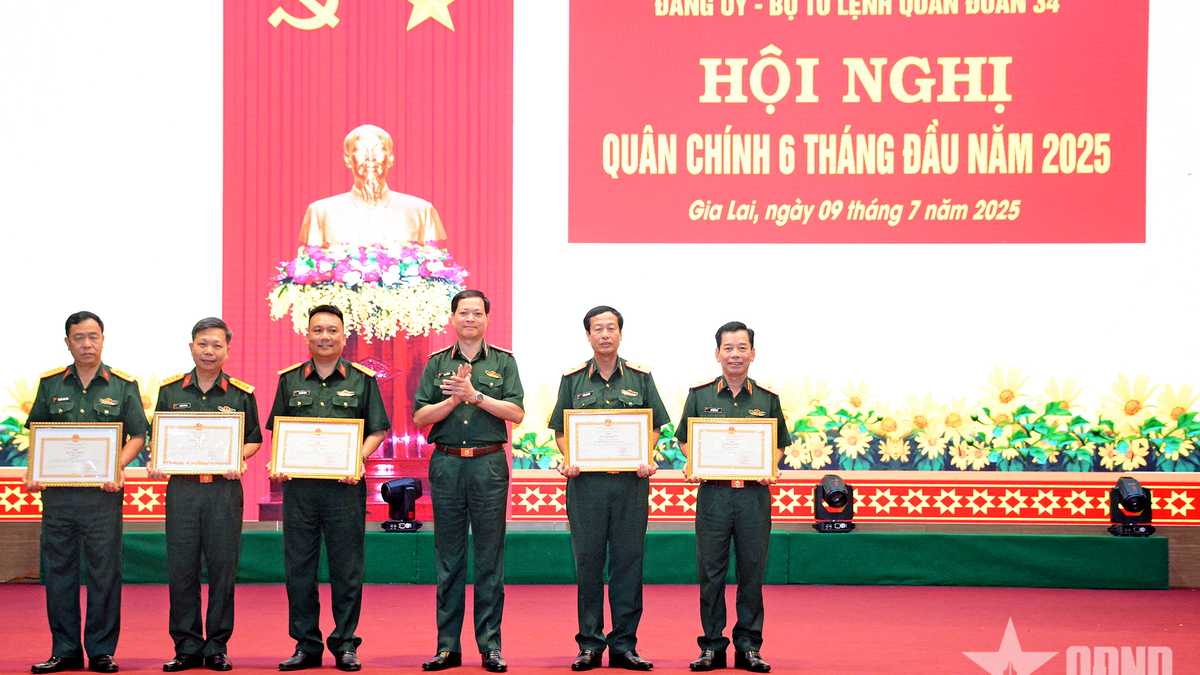














































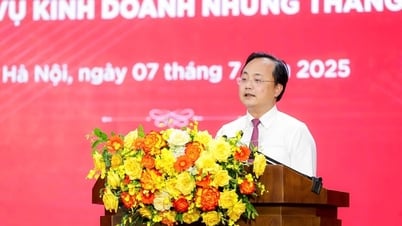

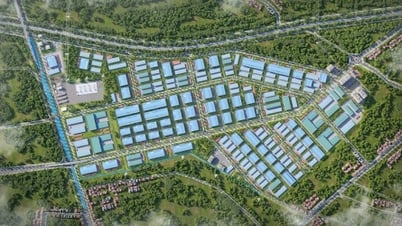








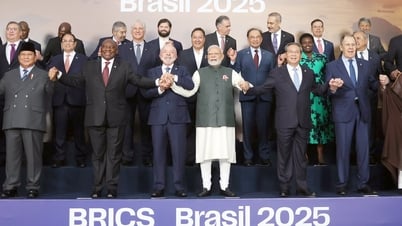
































Comment (0)